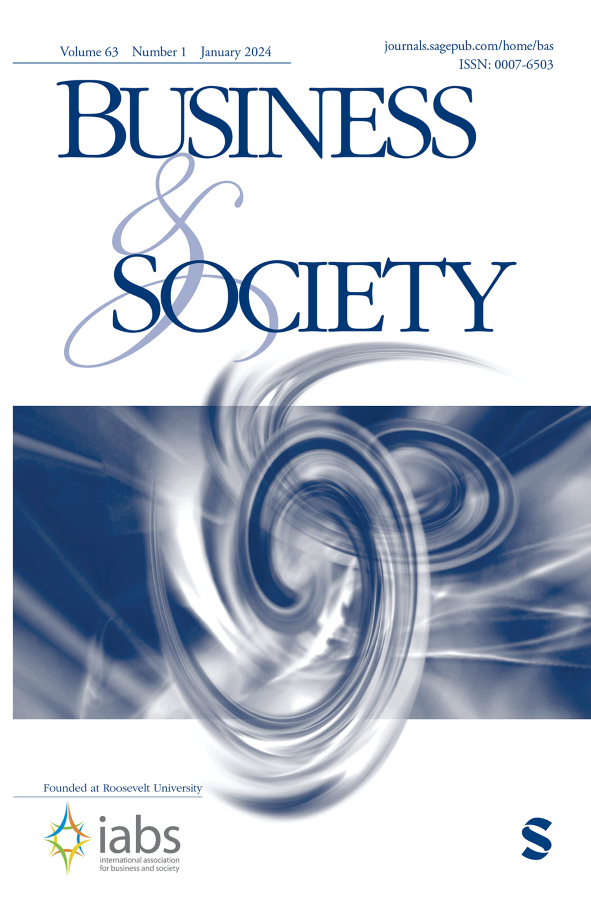Co-opting Business Models at the Base of the Pyramid (BOP): Microentrepreneurs and Multinational Enterprises in Ghana
IF 6
3区 管理学
Q1 BUSINESS
引用次数: 2
Abstract
In African countries such as Ghana, microentrepreneurs make formal economy goods and services available to base of the pyramid (BOP) consumers. Multinational enterprises (MNEs) co-opt BOP business models when they enter the BOP market. We conducted a case study of six MNEs and 36 microentrepreneurs in three key sectors. In two sectors (fast-moving consumer goods and telecommunications), reverse bridging enables MNEs to capture value from BOP business models, which has a negative impact on both the financial and social capital of microentrepreneurs. In the third sector (finance), microentrepreneurs are buffered from the negative effects of co-optation through a process of integrating, which enhances their social capital but reduces their financial capital. Our research contributes to the BOP literature, first by demonstrating that financial and social capital are intertwined at the BOP level, and second by analyzing how the negative effects of co-optation can be cushioned by enhancing microentrepreneurs’ social capital.金字塔底部的商业模式选择:加纳的微型企业家和跨国企业
在加纳等非洲国家,微型企业主向金字塔底层消费者提供正规经济商品和服务。跨国企业(MNE)在进入BOP市场时会选择BOP商业模式。我们对三个关键部门的六家跨国公司和36家微型企业家进行了案例研究。在两个部门(快速消费品和电信),反向桥接使跨国公司能够从BOP商业模式中获取价值,这对微型企业家的金融和社会资本都产生了负面影响。在第三部门(金融),微型企业家通过整合过程来缓冲共同选择的负面影响,这增强了他们的社会资本,但减少了他们的金融资本。我们的研究为BOP文献做出了贡献,首先证明了金融资本和社会资本在BOP层面是交织在一起的,其次分析了如何通过增强微型企业家的社会资本来缓冲合作的负面影响。
本文章由计算机程序翻译,如有差异,请以英文原文为准。
求助全文
约1分钟内获得全文
求助全文
来源期刊

Business & Society
BUSINESS-
CiteScore
14.80
自引率
11.40%
发文量
56
期刊介绍:
Business & Society publishes original research, book reviews, and dissertation abstracts relating to business ethics, business-government relations, corporate governance, corporate social performance, and environmental-management issues. Manuscripts relating to the field of business and society in general are also published. Submissions of theoretical/ conceptual work as well as empirical studies are encouraged. Business & Society is the first peer-reviewed scholarly publication devoted exclusively to the field of business and society, and it is the official journal of the International Association for Business and Society (I.A.B.S.), the only independent professional association dedicated to business and society teaching and research.
 求助内容:
求助内容: 应助结果提醒方式:
应助结果提醒方式:


